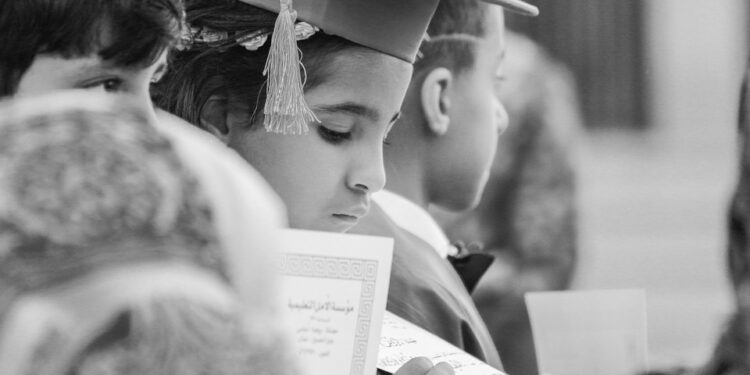In today’s globalized world, companies are increasingly looking for employees who can navigate and thrive in diverse cultural and professional environments. As a result, there is a growing demand for individuals who possess a strong understanding of global business practices and can effectively collaborate with international counterparts. One way that students can develop these essential skills is by pursuing a degree from an Indian university. Building global competence is an inherent part of the educational experience at many Indian institutions, and students who graduate from these programs are well-prepared to succeed in the global job market.
One of the key ways in which an Indian degree prepares students for success in the global job market is by offering a diverse and inclusive learning environment. India is a melting pot of cultures, languages, and traditions, and this diversity is reflected in its educational institutions. Students who attend Indian universities have the opportunity to interact with peers from a wide range of backgrounds, which helps them develop a deep appreciation for cultural differences and the ability to work effectively with people from around the world. This exposure to diversity is invaluable in preparing students for the global job market, where cross-cultural communication and collaboration are essential skills.
Furthermore, many Indian universities offer programs that emphasize a global perspective on business and economics. Students are exposed to a broad range of international case studies, global business trends, and best practices, which enable them to develop a strong understanding of the global economy and the dynamics of international markets. This knowledge is highly sought after by employers who are looking for candidates who can understand and adapt to the complexities of the global business environment.
In addition to academic coursework, Indian universities often provide opportunities for students to gain real-world global experience through internships, study abroad programs, and international exchange partnerships. These experiences allow students to apply their knowledge in a practical setting and develop valuable cross-cultural communication, problem-solving, and leadership skills. Having international experience on their resume makes Indian graduates highly competitive in the global job market, as it demonstrates their ability to operate effectively in an international context.
Moreover, Indian universities also emphasize the development of soft skills, such as adaptability, critical thinking, and emotional intelligence, which are vital for success in the global job market. These skills enable graduates to quickly acclimate to new environments, think critically about complex problems, and build strong relationships with colleagues and clients from diverse backgrounds. Employers value these attributes in candidates, as they are crucial for thriving in today’s interconnected and rapidly changing business landscape.
Finally, the English language proficiency that Indian students develop during their university studies further enhances their readiness for the global job market. English is widely used as the language of business and is essential for effective communication in many international work environments. Indian graduates’ proficiency in English gives them a significant advantage in the global job market, as they are able to communicate fluently and confidently with colleagues and clients from around the world.
In conclusion, pursuing a degree from an Indian university provides students with a strong foundation for success in the global job market. The diverse and inclusive learning environment, focus on global business perspectives, real-world international experience, emphasis on soft skills, and English language proficiency all contribute to the development of global competence. Students who graduate from Indian universities are well-equipped to thrive in international business environments and have a competitive edge in the global job market. As the world becomes increasingly interconnected, the skills and knowledge gained from an Indian degree will continue to be valuable assets for students as they embark on their careers in the global marketplace.


